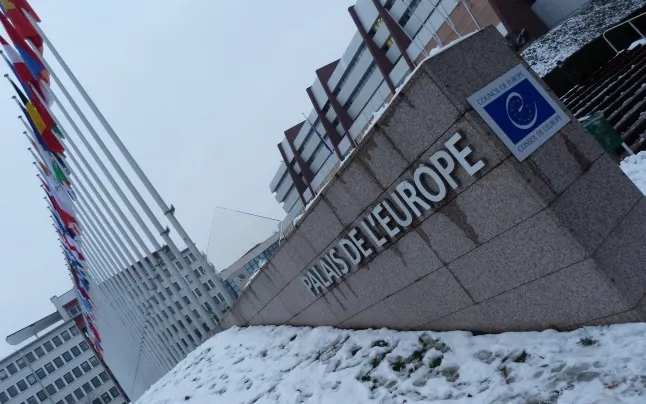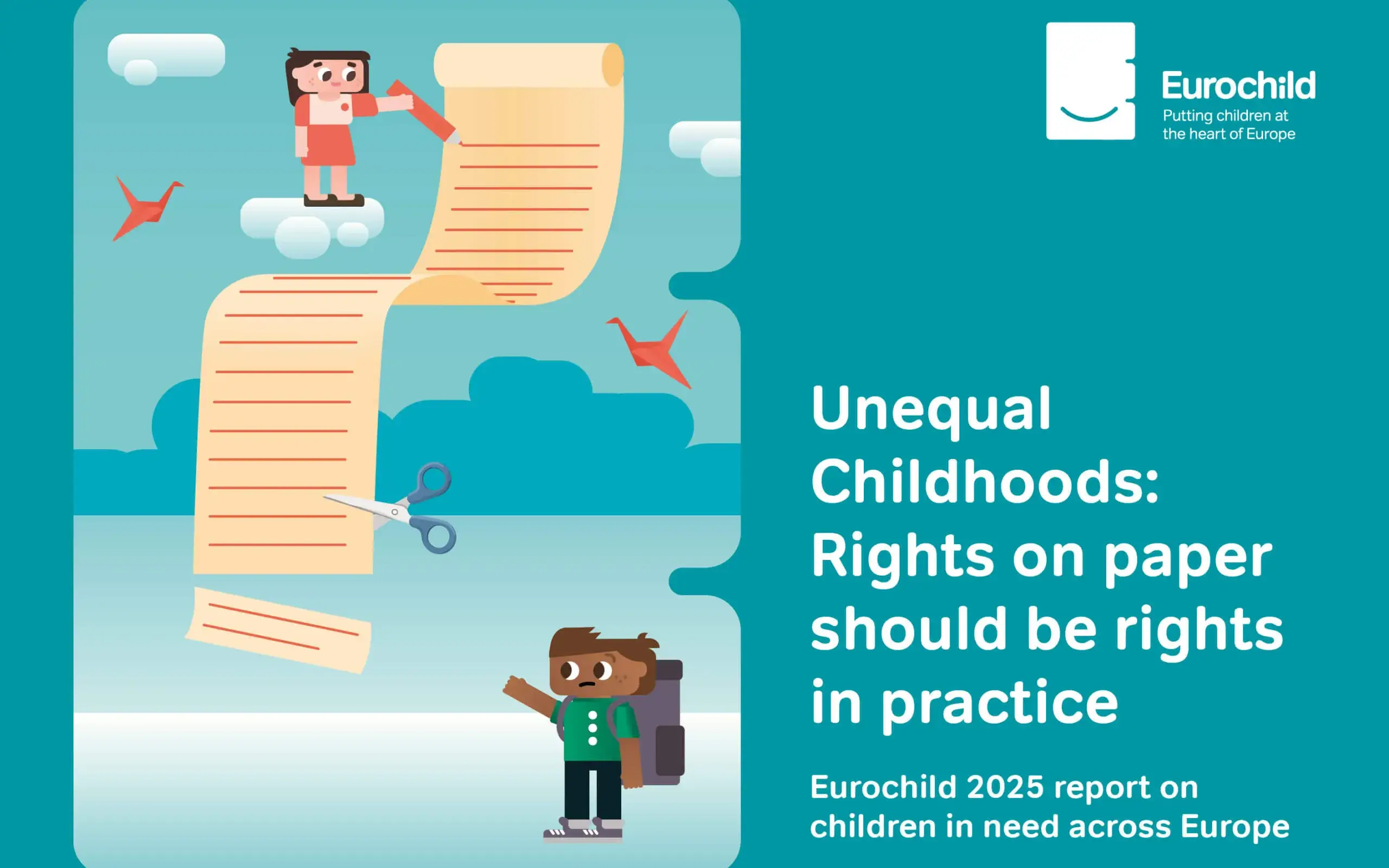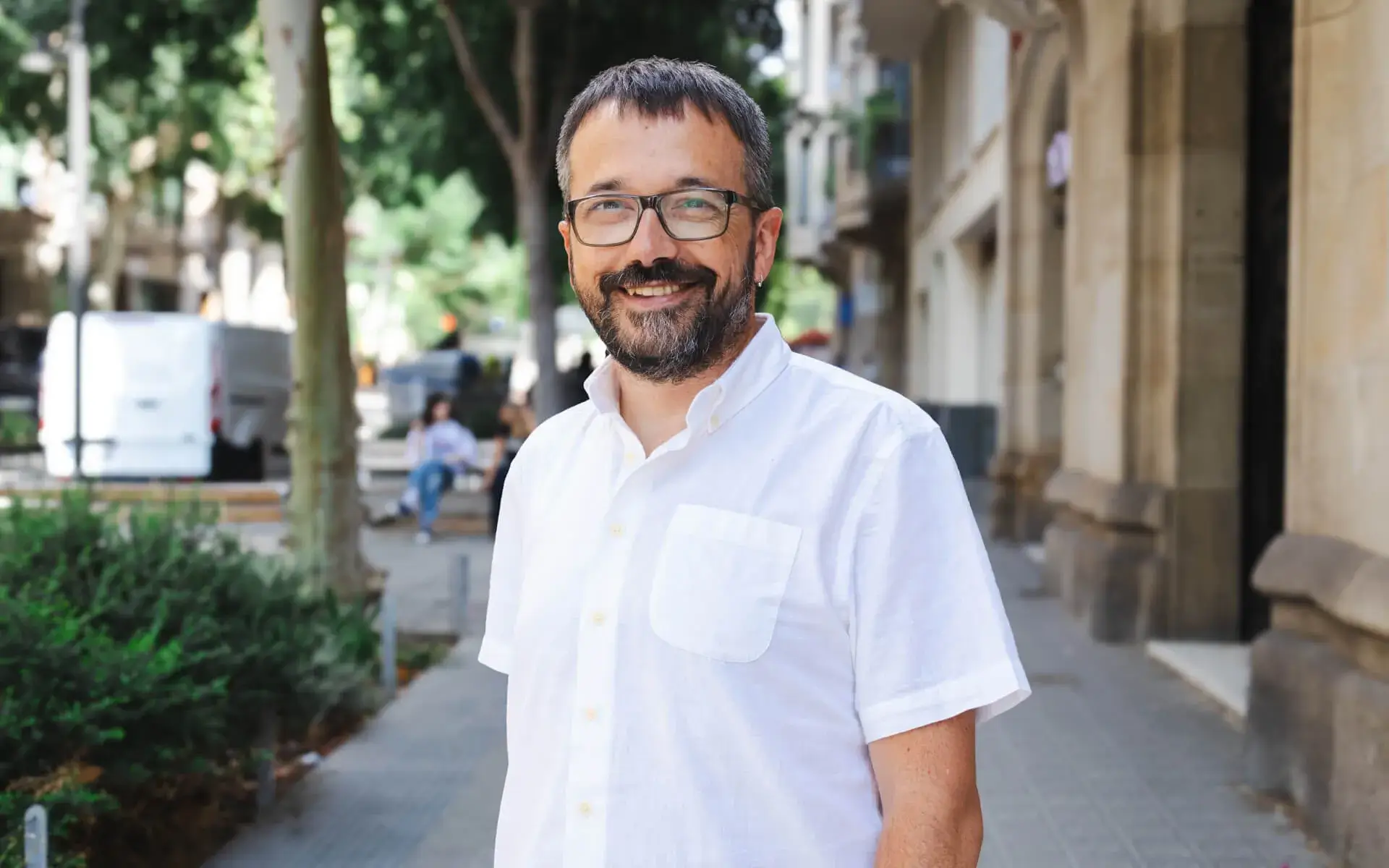ILGA complains that the complexity of diplomatic relations in the European Union makes it difficult to comply with human rights, and ECRI collects in a report the situation in Hungary.
The social and legislative landscape in Europe has rights as its epicenter. Women's rights, which are under legislative attack in many states, and the rights of LGBTI people who were at a time of significant progress in recent years are now suffering a setback. States such as Hungary have been cutting back on the rights and protections of treaties and the EU legislative framework .
This is stated in the latest report of the European Commission against Racism and Intolerance (ECRI) , which has identified a series of important rights violations. ECRI is an independent human rights monitoring body specialized in issues related to the fight against discrimination based on race, ethnic or national origin, colour, citizenship, religion, language, sex or gender, identity and sexual orientation, anti-Semitism and intolerance
In 2023, this body has drawn up two national reports. One of them focuses on Hungary , where, the report points out, although some progress has been made in terms of rights since its last report in 2015, there are still some worrying features. The ECRI report states that "The human rights of LGBTI people have deteriorated significantly due to an increasingly hostile political discourse and the adoption of a series of restrictive laws ".
And it is that in June 2021, the Hungarian parliament adopted a law that prohibits or limits access to content that represents what has been called "divergence from one's own identity corresponding to the sex at birth, the change of sex or the 'homosexuality'.
This type of legislation is on the rise in some Eastern European countries. These are legislative proposals that were introduced taking advantage of the pandemic, establishing a cut in rights and movements while citing reasons for the protection of children and those under 18 years of age.
ECRI's task is precisely to monitor and report these cases . Thus, the Commission sent an opinion in which it argued that Hungary had failed to fulfill its obligations arising from various EU directives regarding LGTBI rights. The case was referred to the High Court of European Justice.
The different member states of the EU had to provide their allegations in the case, within a deadline that ends on April 4. According to ILGA Europe "some key member states have not done so " although more than nine states have already given their support to the cause.
The monitoring of rights
ECRI is made up of people "with high moral authority and recognized experience in dealing with racism, racial discrimination, xenophobia, anti-Semitism and intolerance". It was created in 2002 , from the first summit of heads of state and government of the Council of Europe , and since then it has this task of monitoring and monitoring the EU states.
However, cases such as those presented highlight the difficulties that EU member states have in defending rights within the Union , because the complexity of internal relations can often relegate rights to a second term.
In this sense, from ILGA Europe they state that "the risk that human rights violations can be dismissed, due to the fact that they are not EU competences, is high" and that it is necessary to give visibility and pressure so that the rights are at the center of the decisions of the legal framework and relations of the EU.







Add new comment